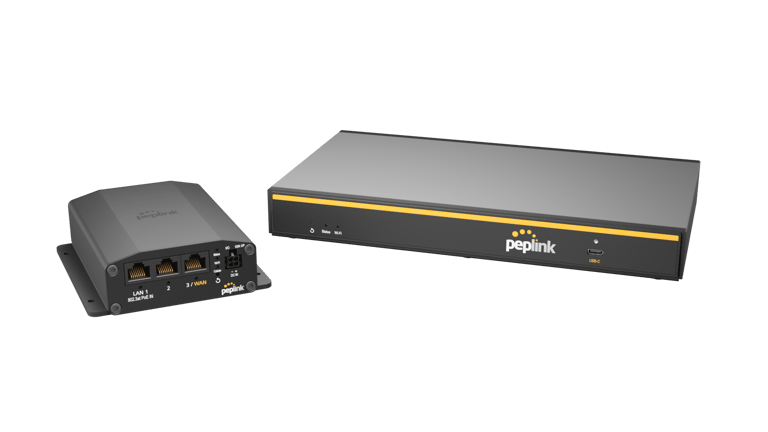Which 4G SIM router is the best?
There are a number of 4G SIM routers out there, and that can make it difficult to know which one to choose. Determining which one is best depends on your specific needs and the connectivity options available in your region.

Here are a few things to keep in mind as you evaluate 4G SIM routers:
Network Compatibility: Different cellular carriers use different bands, and compatibility is critical for reliable connectivity. So you’ll want to make sure the 4G router you’re considering is compatible with the 4G bands and frequencies used by your cellular service provider. Review the data plans and carrier agreements associated with the 4G SIM to ensure they meet your data usage requirements and budget.
Speed and Performance: Do you require high-speed Internet for activities like online gaming or streaming? If so, look for a 4G router that offers good data transfer speeds. Routers with support for 4G LTE-Advanced or 4G+ may offer faster speeds. Maximum download and upload speeds can vary significantly between models, so choose one that meets your data speed requirements.
Coverage and Signal Strength: Check the cellular carrier’s coverage area to make sure it can provide a stable connection in your location. If you’re in an area with weak signal strength, consider a router that has or supports external antennas to improve signal strength and coverage.
Number of Connected Devices: Consider how many devices you need to connect simultaneously. Some routers support more simultaneous connections than others.
Number of SIM card slots: Ensure the WiFi router has as many SIM card slots as you need and supports the type of SIM card (e.g., standard SIM, micro-SIM, nano-SIM) provided by your mobile carrier. More about multi-SIM routers
Features: Look for additional features like built-in VPN support, remote management, or guest network functionality if you need it. Security features like WPA3 encryption and firewall capabilities may also be important.
External Ports and Expandability: Will you be connecting wired devices like computers or gaming consoles or other local networks to the router or sharing storage? If so, you’ll want to choose a router that has enough Ethernet ports and/or USB ports to support all of your devices.
Management and Monitoring: Ensure the router offers a user-friendly interface for configuring settings, monitoring data usage, and managing connected devices. You may also want to consider remote management, either by mobile app or centralized management software or cloud services.
Portability: If you need a portable solution, consider a compact 4G LTE router that can be easily moved around. Some routers come with built-in battery options for on-the-go use.
Price: Set a budget and compare the available options within your price range. Keep in mind that more expensive routers may offer better performance and features and higher reliability, and less expensive options may not have the features or functionality you need. You’ll want to find a balance.
Reviews and Recommendations: Read reviews and look for recommendations from others who have used the router you’re considering. Online forums, product reviews, and recommendations from your mobile carrier can be invaluable in helping you choose. For instance, you can see reviews of Peplink cellular routers for business use on Gartner.com.

Brand Reputation: Popular 4G SIM router brands include Peplink, Huawei, TP-Link, Netgear, and ZTE, among others. But ultimately, the best 4G SIM router for you will be the one that aligns with your requirements in terms of network compatibility, speed, coverage, and features, while staying within your budget.
Explore 4G SIM routers from Peplink
Additional topics to explore:
What is the best cellular router?
Is a mobile router better than a hotspot?
What is the difference between an LTE and 4G Router?
.